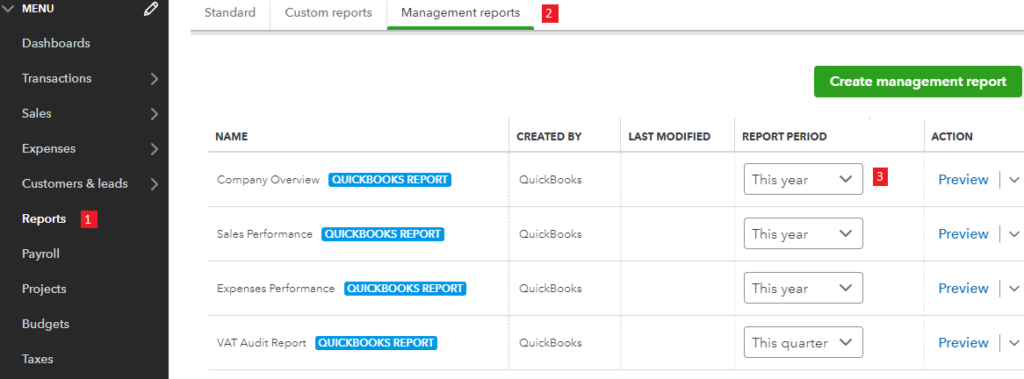High-tech accounting management systems and technology tools exist to help businesses improve efficiency, reduce errors, save money and increase revenue. So continuing to waste your time, man-hours and business potential on manual accounting systems is a costly mistake.
The purpose of this blog is to educate business owners on how manual accounting management and inaccurate information is hurting your business.
We will do this by showing you the following 10 ways manual bookkeeping is hurting your business.
1. Inefficient use of employees' time
When your employees spend time performing inefficient accounting tasks, you are spending your high-cost resources on tasks that relatively low-cost technology can accomplish better and faster.
By reducing the time employees need to complete their work, as well as the number of employees needed for each task, automation translates into more hours focused on doing profitable work. You're missing out on the potential revenue you could earn when you use your employees' talent and time wisely.
Human capital is your business asset with the greatest potential to increase revenue. Your employees will be able to focus on high-level work that moves your business forward.
2. Incorrect tracking of time for certain jobs of your employees
There are accounting system integrations you can use to automate time tracking and accrual/utilization benefits across your company. One of our favorites is QuickBooks Time TrackingAs a result, you can free up your HR department to work on more goal-oriented tasks, such as ideas for promotions, employee achievement bonuses, recognition and rewards.
So not only are outdated time tracking systems costing you money, they're also responsible for your business missing out on potential growth through a more robust human capital strategy.
This is especially important for service businesses that make money on people's time. To build a profitable service business, you need to have a time tracking system that is integrated with payroll, scheduling and vacation management. This integration allows them to perform true job costing, choose their own prices and, ultimately, make more money.
3. Unreliable data
Manual accounting processes are inaccurate, slow and unreliable. As a result, it's impossible for you to know if you can rely on the accuracy of your business numbers or to know if the data you're looking at is current.
An inefficient accounting process, with data that doesn't look accurate and doesn't provide actionable reports to help you make decisions, is useless.
Manual accounting processes end up costing you money in the long run – in addition to inefficient processes that consume valuable employee time, but also additional (unplanned) costs incurred by your accountant – to make corrections to your business books, to correct inconsistencies, and fix errors. Manual processes are not as accurate as automated processes and are unable to translate into actionable reports to help business leaders make data-driven decisions.
If you find that you cannot rely on your financial processes, numbers and reports, or receive them on time and consistently, then you have a major problem with your existing accounting processes.
4. Potential for Fraud/Theft
No matter how much control you have over your business, manual accounting processes have security holes that expose your company to internal and external fraud/theft risks. These risks are not something you can ignore and hope they never happen to you.
Automated accounting and bookkeeping systems are a good starting point because they have internal, security-enhancing controls to help minimize the potential for fraud risk, making it much more difficult for individuals to take advantage of your system.
In addition, segregation of duties, and another opportunity to view work, is another very important part of reducing or eliminating the risk of fraud.
5. Failure to make payments on time
Paying your bills on time is essential to your business's reputation and credit, and it will also save you from incurring unnecessary costs in late fees or late payment interest assessments. Additionally, you can take advantage of early payment discounts and even save money by paying certain bills before they are due when possible.
Without automating these processes, juggling all of your company's payroll and maintaining it perfectly/expertly is too big a task for a single employee to handle full-time. You'll lose more in overhead when you hire a full-time employee to manage your payroll than you would if you took advantage of an automated accounting management system.
6. Clumsy Billing
The heavy workload with certain tasks and the lack of a financial management system is the result of clumsy invoicing to your clients.
With automated invoicing and electronic payment solutions, you'll get paid faster, save employee time, and most importantly, improve your company's cash flow.
7. Poor management of expenses
The days of recording expenses in sheets, notebooks, excel are over. Recording expenses in this way leaves room for errors and fraud.
By recording your expenses in a financial management system, there will be several benefits for your business in the long run.
You will be able to access your expenses in real time, make comparisons and analyzes and make certain decisions to reduce your business expenses.
8. Errors in tax declaration
The lack of a financial management system results in a high probability of error when declaring taxes due to inaccurate information. As a result of these mistakes, businesses receive large fines from TAK, which would not happen if the business made a small investment in a financial management system.
Automating these functions in your business not only provides protection against inaccuracies and non-compliance, but also saves time.
9. Employment at the wrong time
Every business owner has asked themselves, "When should I hire more employees?"
Manual accounting systems make it nearly impossible to predict employee retention or business growth, which makes timing your hiring extremely difficult.
Does your accounting system allow you to access management reports that can help you predict when you will need to expand a certain department and how quickly this should happen?
If not, then you're missing out on the potential to smooth your company's growth and save on the expense of ill-timed hires. When you're able to hire just in time, you'll avoid unnecessary costs associated with ramping up overhead before you need it.
10. Poor cash flow forecasting
With manual accounting systems, you cannot get a clear picture of your company's current cash flow forecast. As a result, you can't see challenges before they arise, and you'll miss the opportunity to make data-driven decisions to help you overcome future cash flow challenges.
With automated accounting and bookkeeping systems, you will always have the most accurate perspective on the current state of your company's cash flow. This will allow you to make strategic decisions now to protect the future of your business.
Business Success = Team + Technology
It may seem like this type of automation is designed to replace your employees, but that's not true.
Using automated tools and effective accounting processes will simply free up the time of your valuable employees, enabling them to focus on higher value tasks. As a result, when it comes to the cost of employee time, you will see a much higher return on investment when you invest in systems to automate your business.





